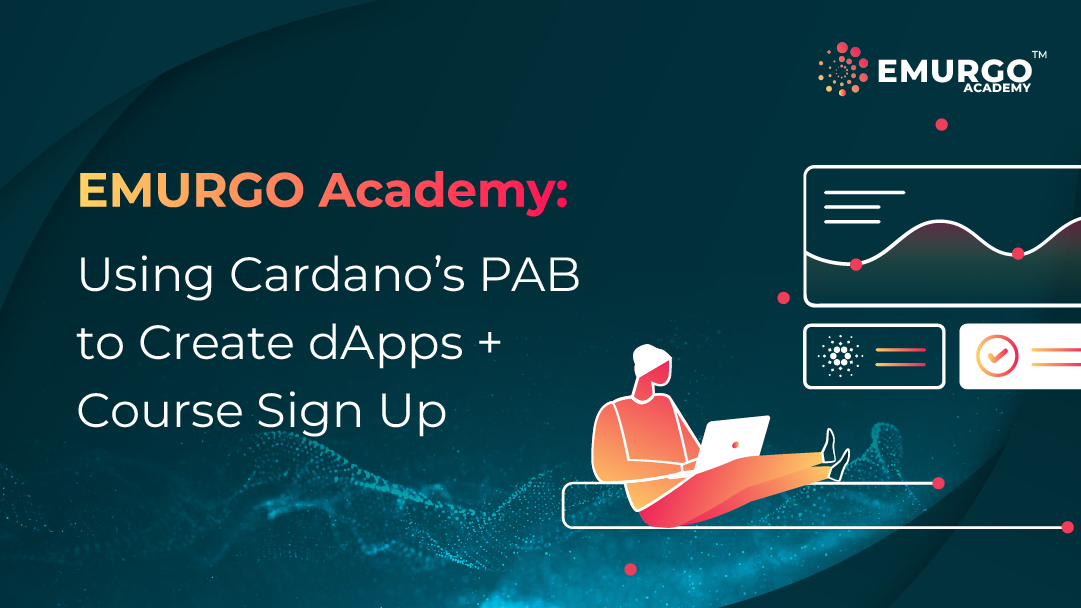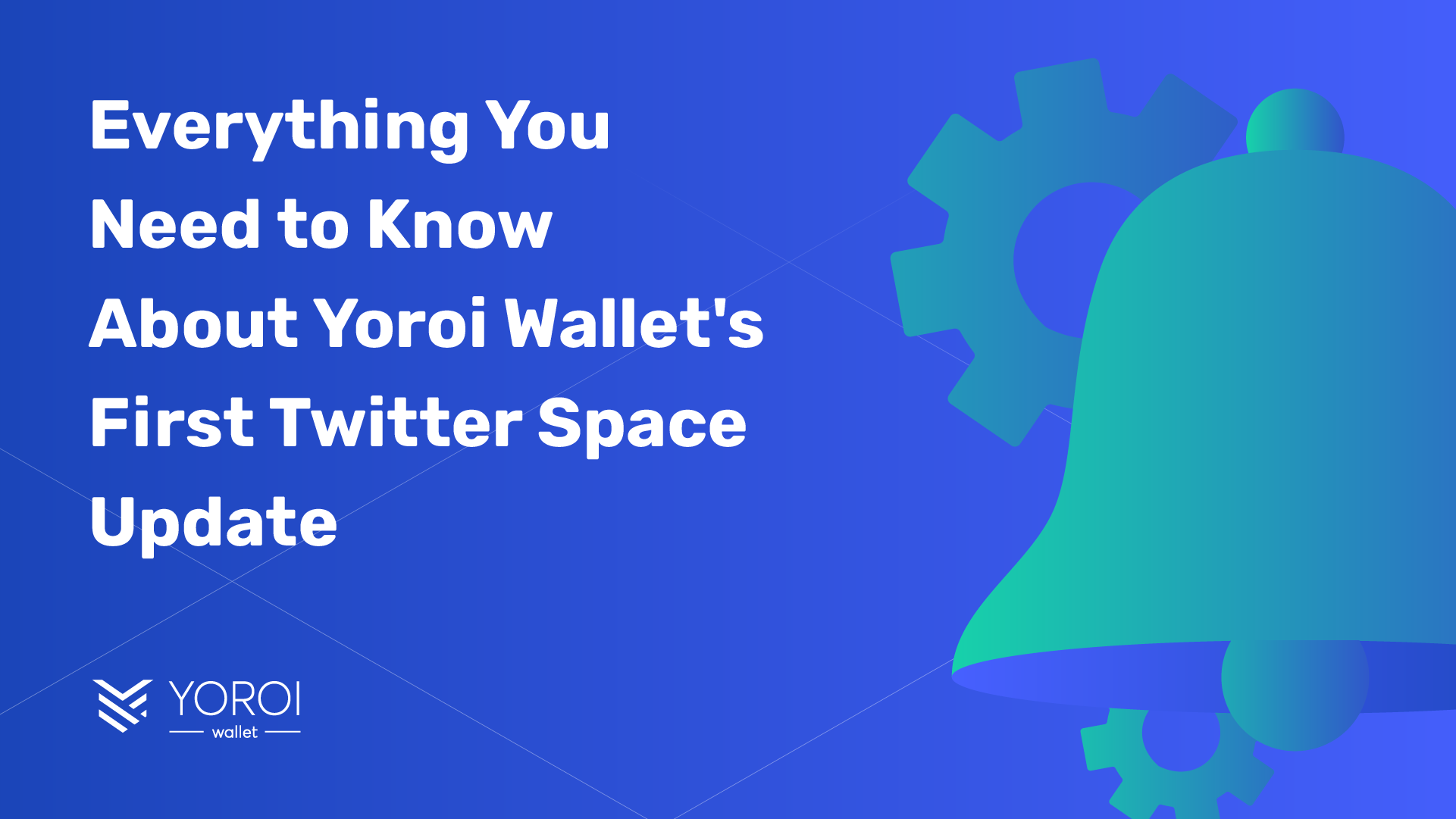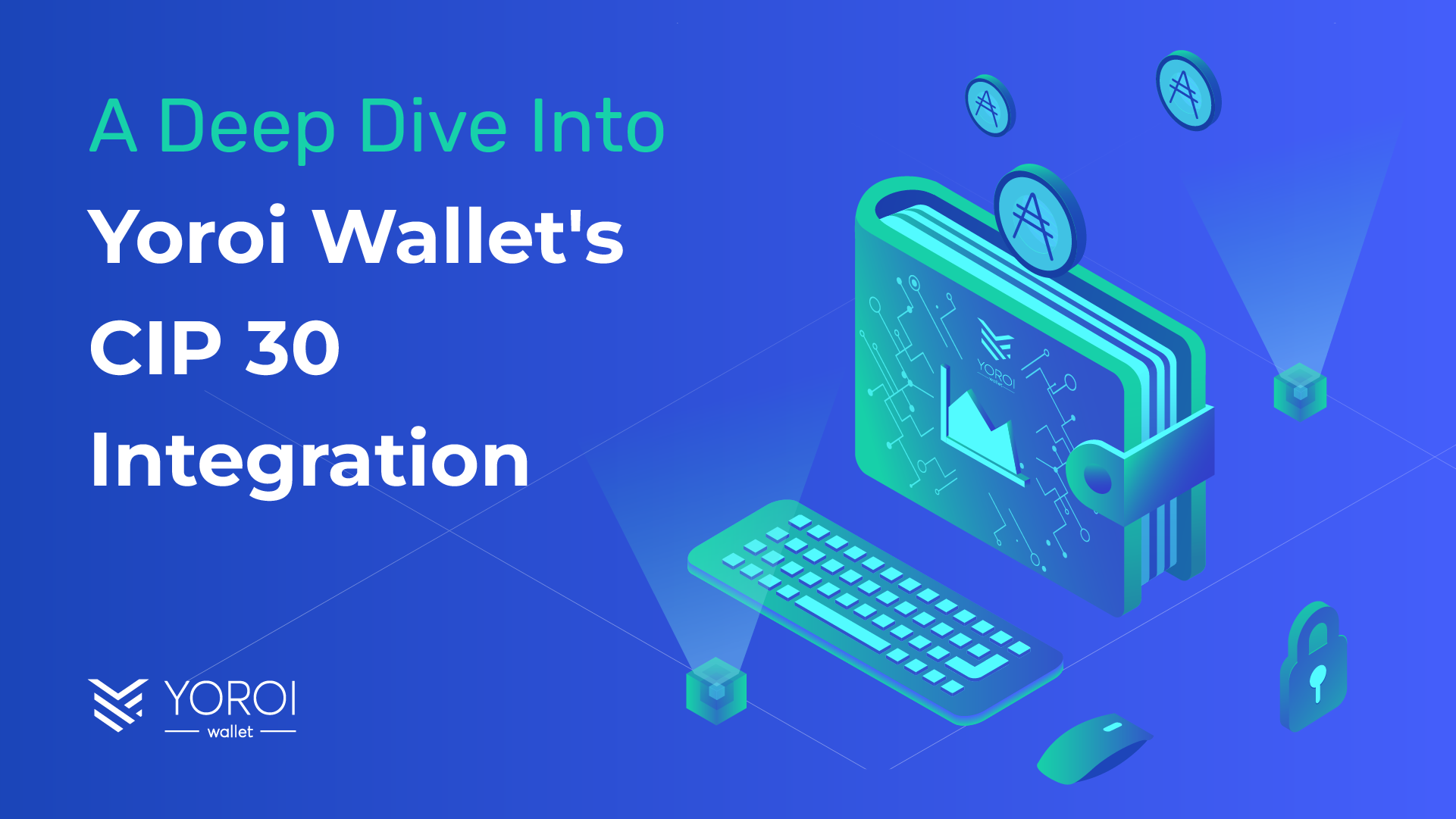Click here for more info on six different Cardano courses!
Blockchain Job Candidates Wanted
Interest and job openings related to blockchain have significantly increased over the past few years and are expected to continue to grow as blockchain technology expands its real use cases.
The past year alone has seen a huge global interest into blockchain use cases for Web3 applications, decentralized finance (DeFi), NFTs, DAOs, and the metaverse.
From traditional multinational companies to blockchain protocols, DeFi and NFT projects, and more, job opportunities are present everywhere to meet this surging demand for candidates experienced and proficient in blockchain.
Click here to read Part 1 and learn why Cardano?
In this Part 2 blog, we will discuss more in-depth about the unique strengths of Cardano’s PAB tools for decentralized application (dApp) developers.
What is Cardano’s Plutus Application Backend (PAB)?
In Part 1, we looked at how dApp frontends communicate with smart contracts using MetaMask or similar browser-based light wallets as a sort of dApp connector and its limitations.
While a similar approach is possible on Cardano, we will discuss how the Plutus Application Backend (PAB) also solves this problem on Cardano.
We can see that testing, dApp connectors, and development environments are all fragmented on Ethereum.
The reason is that the tools in that network evolved separately from each other as different teams tried to address separate needs.
Many have been brought together by consolidation in that ecosystem, but that still leaves many challenges ahead.
Cardano, on the other hand, has strategically moved to consolidate all of the developer experience under a single framework capable of fulfilling these different needs, making it much more efficient for dApp developers.
The name of this developer tool is the Plutus Application Backend or PAB.
The PAB is essentially a set of developer tools such as APIs, code libraries, documentations, code samples, smart contract templates, and many other tools that simplify development and testing. It is geared towards Cardano developers, and general users won’t ever interact with it.
The PAB connects Cardano’s computation layer (user wallets and dApps) with the settlement layer and allows easier development, fewer bugs, and higher assurance.
The PAB is a Haskell library which simplifies the process of writing off-chain code and the on-chain scripts. Cardano uses a different accounting model from most traditional smart contracts blockchain. This model is called Extended Unspent Transaction Output (eUTXO).
In the eUTXO model, there are certain parts that run on top of the blockchain (on-chain code) and parts that are on the user’s machine (off-chain or client code). The PAB helps developers make sure they are able to design these two portions in environments as close as possible to the live network.
The PAB provides components and an environment that allows developers the ability to interact with smart contracts. That way, they are able to test dApps before deploying to the main network.
Why Use Cardano’s PAB for dApps?
By providing this environment to all Cardano developers, the PAB eliminates the need for each development team to create their own testing sandbox.
It’s a developer tool open to anyone who wants to test using the eUTXO model.
Additionally, it’s a great teaching tool, because it allows those developers learning the system the chance to make mistakes in a controlled medium.
The purpose of the PAB is to:
Anyone looking to enter the Plutus path and create dApps on Cardano will have to familiarize themselves first with the PAB.
It’s a great tool for developers both experienced and new, and allows for a better understanding of the eUTXO model, the on-chain and the off-chain code.
In the next Part 3 blog, we will take a look at some new tools like the Plutus Fee Estimator and various PABs out there.
Sign up now and choose from six tailored courses to learn how to create dApps on Cardano!
As the official commercial arm and a founding entity of the Cardano blockchain, EMURGO is uniquely positioned to leverage its extensive knowledge of Cardano’s technical development to offer curated educational courses on Cardano to interested students.
All courses are taught by professional instructors with actual blockchain experience.
EMURGO Academy, EMURGO’s education unit, has now expanded to offer six different courses on Cardano to a range of student types interested in becoming a Cardano developer, becoming a Cardano entrepreneur, becoming a Cardano business analyst/consultant, and more.
For more information on each of the courses and to contact a representative, please visit the link here now!
About EMURGO
- Official Homepage: dev.indonesia.emurgo.io
- Twitter (Global): @EMURGO_io
- YouTube: EMURGO channel
- Discord: EMURGO Community
- Facebook: @EMURGO.io
- Instagram: @EMURGO_io
- Medium: EMURGO Announcement
- LinkedIn: @EMURGO_io



